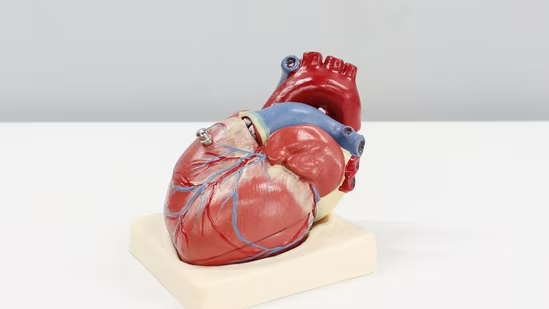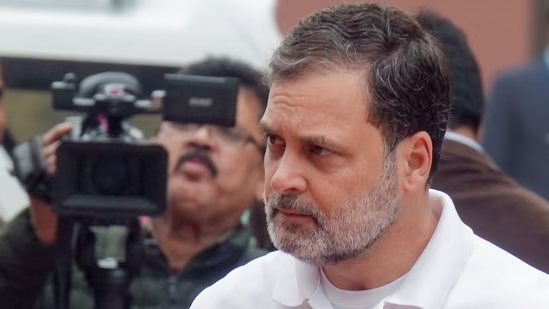Exercise is regarded as one of the best prescriptions for good health. To stay fit and healthy, being active is non-negotiable. But nothing is unconditional ever. Exercise, too, has its own limits, beyond which it can potentially backfire. And one of the telltale signs of exercising is the pounding heart, and did you know it is one of the first organs to get affected when you push too hard?
To get a clearer picture of whether there’s anything called too much exercise for the heart, HT Lifestyle spoke to Dr Ameya Udyavar, consultant- cardiologist and cardiac electrophysiologist, PD Hinduja Hospital and Medical Research Centre, Mahim, who shared key insights on safe exercise limits.
Indians do not meet the minimum exercise criteria

Before we take a deep dive into the risk of over-exercising, first, let’s ask, are Indians exercising enough? As per the cardiologist, a majority of the population falls short of the minimum activity levels recommended by the World Health Organization.
Describing the minimum exercise limit, Dr Udyavar said, “The WHO recommends at least 30 minutes of moderate aerobic exercise such as brisk walking, cycling or swimming, at least five times a week. This amounts to almost 2.5 hours of exercise per week. This is the minimum requirement needed to keep our heart healthy.”
But turns out Indians are not meeting the minimum criteria. “At least 50 to 70 percent of the Indian population does not exercise and fails to meet this minimal requirement.”
Based on this note, the cardiologist cautioned that before labelling exercise as risky for the heart, one should at least first meet the minimum criteria, ideally starting with aerobic activities.
Be cautious of marathons

While exercise is essential, too much of anything can pose problems. Although the danger threshold is subjective, and according to Dr Udyavar, there’s no universal rule that defines a hard limit. But he did highlight a particular type of workout: high-intensity endurance workout.
“It has been found that when you do high-intensity endurance workouts like marathons/triathlons, etc., the heart may experience micro injury and some scarring,” he explained. “This can cause a slight increase in heartbeat problems as well.”
Exercising more means a healthier heart?
Many may think exercising more boosts their heart health. But is it true? The cardiologist dispelled this belief by revealing that often heart benefits plateau after a particular time. So there’s no extra edge that many may assume. In some cases, it may even put pressure on the heart.
“The right upper safe limit would be difficult to determine. However, beyond five hours of moderate exercise per week, there is no incremental heart benefit,” Dr Udyavar commented.
When exercise is not done in moderation, it may backfire and put arteries in danger “Individuals who have done more than 75 minutes of vigorous activity per day over the years (vigorous here means fast running, cycling or swimming) have a slightly higher amount of calcium in their coronary arteries,” the cardiologist warned.






























